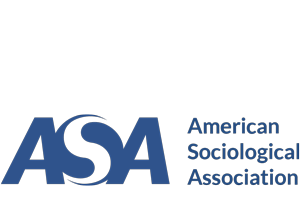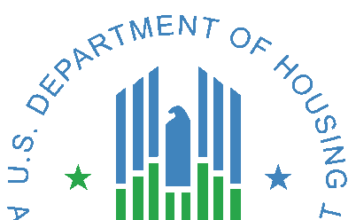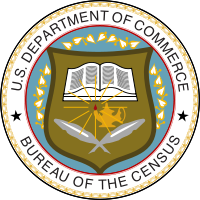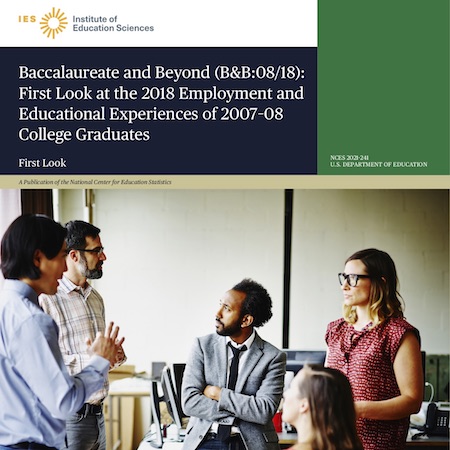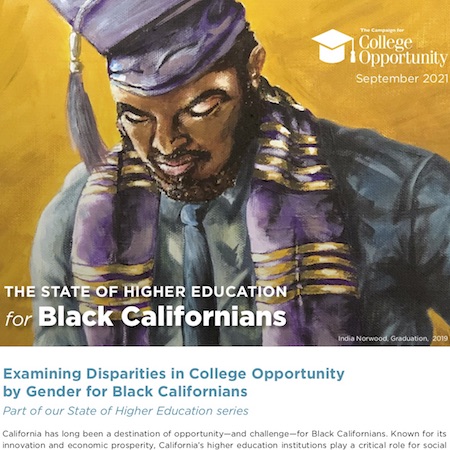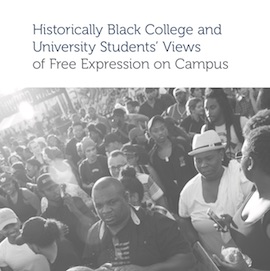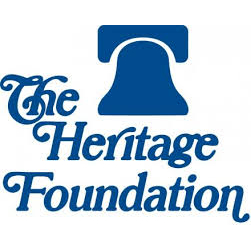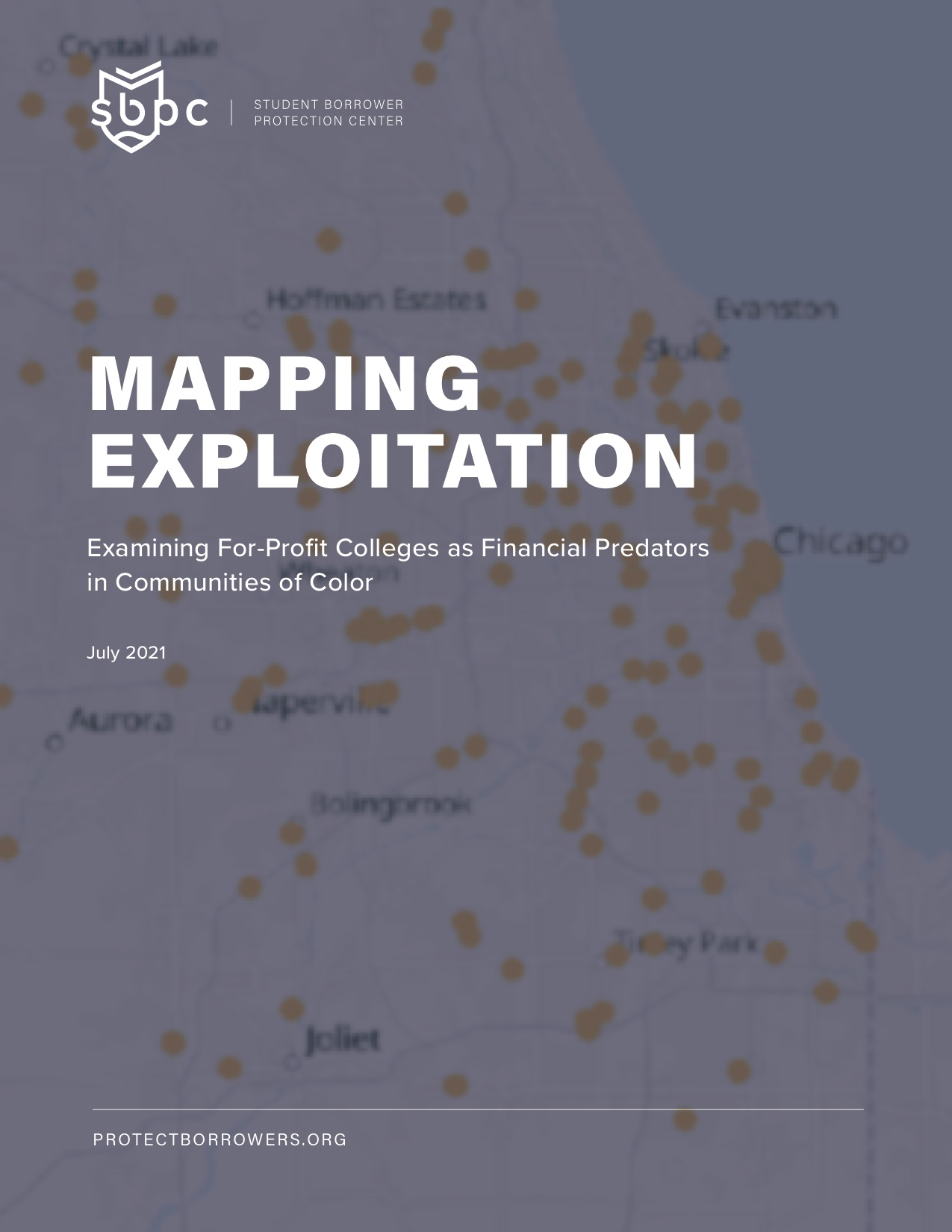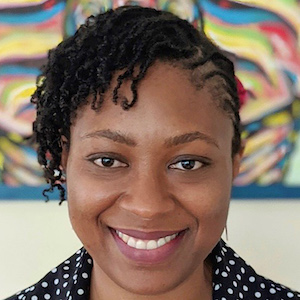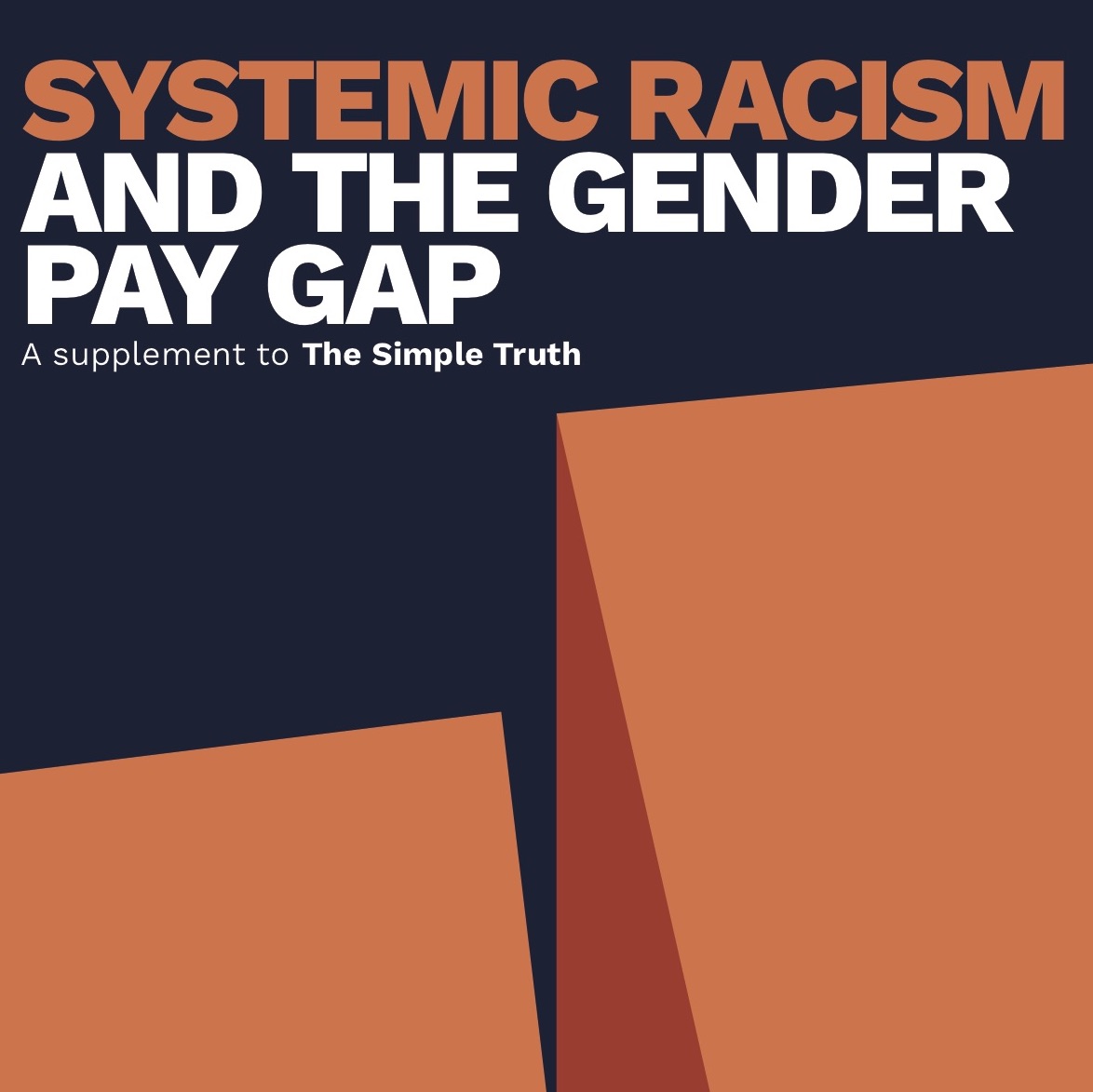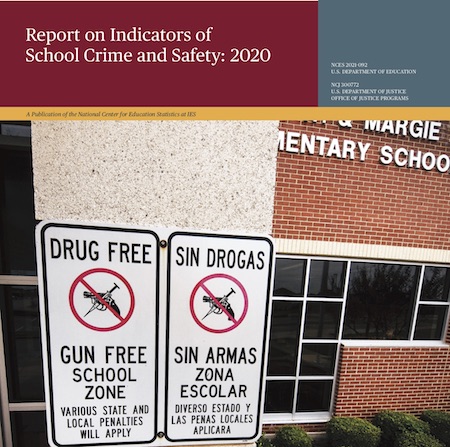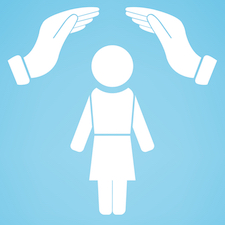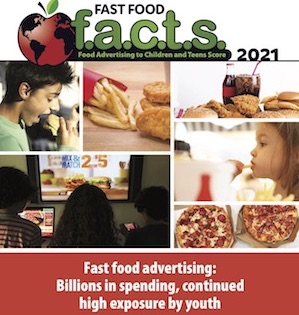New Study Find that Systemic Racism May Effect the Safety of the Food Supply...
A new study by researchers at the University of Houston found a significant disparity in the quality and safety of food available in low- versus high-income communities. The results may explain - at least in part - the high levels of gastrointestinal illness in predominantly Black urban neighborhoods.
The Persistent Black-White Poverty Gap Hinders African American Access to Higher Education
In 2020, 17.4 percent of all Black families were living in poverty. The government defines the poverty rate for a four-person family - two adults and two children - as having an annual income of less than $26,646. For non-Hispanic White families, only 5.7 percent were living below the poverty threshold.
Adding Ethnic Studies to High School Curricula Improves Performance and Graduation Rates
In one California school district, ninth graders with a grade-point average of 2.0 or under were automatically enrolled in an ethnic study course. The research showed that enrollment in ethnic studies substantially increased high school graduation, attendance, and the probability of enrolling in college.
Experiment in Problem Solving Finds Whites Pay Less Attention to the Ideas of Their...
Researchers from Columbia University and the University of Texas at Dallas gave a puzzle to a diverse group of participants. Each person was able to see how their peers solved the same puzzle and could choose whether to learn from them. They found that participants were 33 percent more likely to pay attention to and learn from White peers compared to Black ones.
The Racial Income Gap Narrowed in 2020, But There is Still a Long Way...
In 2020, the median Black household income was 61.2 percent of the median income of non-Hispanic White families. This is an increase from 59.7 percent in 2019. However, with only minor fluctuations, the racial gap in median income has remained virtually unchanged for more than a half-century.
Emory University Study Finds Racial Disparities in Heart Condition Among College Football Players
The study found no racial differences in concentric left ventricular hypertrophy among college football athletes that played on the offensive or defensive lines. But for skilled position players - quarterbacks, receivers, and running backs - a higher percentage of Black collegiate football players were more likely to develop concentric left ventricular hypertrophy than White football players.
New Data Shows the Effect of the Pandemic of Black Enrollments in Higher Education
There were 2,331,529 Black or African American students enrolled in higher education last fall. In the fall of 2019, there were 2,474,200 Black students enrolled. Thus, Black enrollments were down nearly 6 percent. This is four times the drop for students as a whole. In 2010, more than 3 million Black students were enrolled in higher education.
Racial Differences in Employment and Educational Attainment of College Graduates a Decade Later
For students who graduated from college in the 2007-8 academic year, Whites, on average, were more likely than Blacks to hold full-time jobs and worked more hours per week a decade later. The average salary for Whites who had full-time jobs was $82,170. For African American college graduates who had full-time jobs, the average salary was $65,104.
Blacks More Likely to Take Advantage of Optional Test-Score Reporting During the Pandemic
Most colleges and universities were test-optional this past year due to the pandemic but some students still reported their scores. Only 31 percent of students from underrepresented minority groups reported test scores this past year, compared to 43 percent of all students who used the Common App.
The FBI Releases New Data on Hate Crimes in the United States
There were 224 hate crimes in elementary or secondary schools that were reported to the FBI in 2020. There were only 116 reported hate crimes on college campuses. But remember that a large majority of college campuses were shut down for a good portion of the year due to the pandemic.
Report Examines Racial and Gender Differences in California Higher Educational Attainments
The Campaign for College Opportunity found improvements in degree completions for Black Californias at all levels of the state higher education system. But the data also shows there are major gaps between not only Blacks and Whites but also Black men and Black women.
African American College Students Subjected to Racial Discrimination at Risk for Alcohol Abuse
Studies have shown that African American college students are less likely than their White peers to participate in binge drinking. But a new study has found that for those African American college students who are subjected to racial discrimination, they are more likely to exhibit depressive symptoms and engage in problem alcohol consumption.
Census Report Examines Racial Gap in Episodic and Chronic Poverty Rates
Chronic poverty is defined as being below the poverty income threshold for the entire four years that were surveyed. Some 5.6 percent of the U.S. Black population was poor for the entire four-year period. This was true for only 1.7 percent of the non-Hispanic White population.
Survey Finds Widespread Student Support for Diversity Initiatives in Higher Education
Nearly half of surveyed students believe that their school should require all students, faculty, and staff to participate in DEI training. An additional 46 percent of respondents believe that their schools should require all students to participate in a semester-long course on the history and root causes of the unequal distribution of wealth, opportunities, and privileges in society.
Survey Examines the Views of HBCU Students on the Issues of Free Speech
HBCU students are much more likely than the national sample to favor limits on the press’ First Amendment rights to cover campus protests. Fifty-six percent of HBCU students — double the percentage in the national sample — think college students should be able to prevent reporters from covering campus protests.
2020 Census Data on Race and Ethnicity of the Population of the United States
The Some Other Race alone or in combination group (49.9 million) increased 129 percent, surpassing the Black or African American population (46.9 million) as the second-largest race alone or in combination group.
Study Identifies the Whitest Corner of the STEM World
There has been no progress in geoscience Ph.D. degrees in racial and ethnic diversity in 40 years. There has been an increase of racial and ethnic diversity at the bachelor's degree level but most of this is the result of a larger number of Hispanic graduates. Blacks make up just 3 percent of bachelor's degree awards.
Pew Research Center Reports Show a Great Divide on the Status of Racial Progress
The American public is deeply divided over how far the nation has progressed in addressing racial inequality – and how much further it needs to go. Nearly 60 percent of Black adults say that the nation’s laws and major institutions need to be completely rebuilt because they are fundamentally biased. Only 18 percent of White adults agreed.
Heritage Foundation Report Claims a Bloat of Diversity Officers in Higher Education
Just as conservatives have mounted attacks on ethnic studies programs, critical race theory, and other subject areas not to their liking, the hiring of diversity officers has also been highly criticized. A new Heritage Foundation report finds what it calls an administrative bloat of diversity officers.
Study Finds Black Girls Are Treated With Indifference and Cruelty in Urban Classrooms
In the elementary and middle schools of a large metropolitan school district that were studied, Black and immigrant girls of color experienced gendered racial harassment, erasure of intellect, and estrangement within their communities. This included the verbal abuse of Black and immigrant girls of color by mostly White teachers.
Will Urban Gentrification Lead to More Integrated Public Schools?
A new study from the National Center for the Study of Privatization in Education at Teachers College of Columbia University, found that some schools in the New York City boroughs of Brooklyn and Queens have seen a reduction in racial segregation while neighborhoods have experienced increased diversity since the early 2000s.
Marketing Efforts of For-Profit Colleges Disproportionately Target Black Communities
A new study by the Student Borrower Protection Center finds that predatory for-profit schools are disproportionately targeting communities of color. Majority-Black zip codes are over 75 percent more likely to have a for-profit college than zip codes that are not majority Black.
The Educational Challenges of Rural African American Families During the COVID-19 Shutdown
The researchers noted that "many parents (a) lacked the technical expertise with the technologies their children were using such as Zoom and in the material children were learning and (b) had no access to training and support from professionals. Some parents lacked dependable broadband/Wi-Fi.
Black Heart Attack Victims Who Live In High-Poverty Areas Are Less Likely to Survive...
The study found that Black patients from disadvantaged neighborhoods were significantly more likely to die within 5 years of surviving a heart attack than White patients. In contrast, there was no difference in rates of death between White patients and Black patients who lived in well-resourced neighborhoods.
The Huge Racial Disparity in Passage Rates on the Architect Registration Examination
For the first time, the National Council of Architectural Registration Boards has released demographic data on passage rates for its Architect Registration Examination, which is required for licensure throughout the United States. The passage rate for Blacks was significantly lower than the rate for Whites on the six sections of the examination.
Black Urban Areas Are Much Hotter Than White City Neighborhoods in the Summer
In 71 percent of the counties studied, land surface temperatures in communities with higher rates of poverty were up to 4 degrees Celsius, or 7 degrees Fahrenheit warmer, compared to the richest neighborhoods during the summer months.
New Report Shows That Black Women Have a Wider Pay Gap With Men Than...
In 2019, men had a median income of $57,456, while women had a median income of $47,299 — a wage gap of 18 percent. Based on recent progress, the AAUW report calculates that White women will reach pay parity with men by the year 2069. But for Black women, the trend suggests that they won't reach wage parity until 2369, nearly 250 years from now.
Hate Crimes Continue to Plague College and University Campuses
In 2018, of the more than 34,000 criminal incidents that occurred on the campuses of postsecondary institutions and were reported to police or security agencies, 814 incidents were classified as hate crimes. Race was the motivating bias in 43 percent of reported hate crimes.
New Survey Shows the Extent of Teacher Training to Serve a Diverse Student Body
Among public school teachers, 74 percent of those who had begun teaching in the 2016-18 period took courses on serving students from diverse backgrounds. Only 40 percent of public school teachers who started in classrooms before 1981 had the same training.
Study Finds Black Access to Healthcare Lags in States That Show a High Level...
The results showed that the higher the level of racism in a given state, the less access Black people in that state had to health care. The higher the level of racism in a given state, the more access White people had to health care. In addition, the worse the state’s racism score, the higher the quality of care White people reported receiving.
New Study Finds That Property Tax Rates Unfairly Burden Black Homeowners
A new study by Christopher Berry, the William J. and Alicia Townsend Friedman Professor at the Harris School of Public Policy at the University of Chicago, finds that properties located in neighborhoods that are 90 to 100 percent Black experience assessment levels that are more than 1.5 times the average for their county.
Whites Who Read News About Racial Incidents Are Less Likely to Support Black Businesses
When people are reminded of how they differ from others, they often become more inclined to identify — and side — with their own group. A new study by researchers at the University of California, Berkeley, the University of Oregon, and the University of Minnesota finds that news coverage of racial incidents lowers support for Black entrepreneurs.
Study Finds Higher Breast Cancer Risk for Black Women Who Were Heavy Users of...
Comparing user data to incidence of breast cancer, the researchers found that Black women who were heavy users of hair relaxers (those who used hair products containing lye at least seven times a year for 15 or more years) had an approximately 30 percent increased risk of estrogen receptor positive breast cancer compared to other Black women.
New Report Examines Residential Racial Segregation in the Twenty-First Century
A new report by researchers at the University of California, Berkeley's Othering and Belonging Institute finds that residential racial segregation is the major factor in racial inequality in the United States. The authors also conclude that residential segregation not only persists but has gotten worse over the past 30 years.
Study Finds ‘Benevolent Sexism’ Is Not Equally Applied to Black and White Women
Benevolent sexism is a term that refers to views about women that seem positive but also exhibit a level of inferiority to men based on fragility, a lack of competence or intelligence, or a need for the guardianship of men. A new study finds that benevolent sexism may be more likely afforded to White women than it is to Black women.
University of Connecticut Report Finds Increased Fast Food Marketing to Black Youth
The study from the University of Connecticut shows that disparities in racial and ethnic targeted advertising are widening. Black youth viewed 75 percent more fast food ads than their White peers in 2019, up from a 60 percent difference found in 2012.
